Are you wondering, “Should I buy a property outright or take out a mortgage on it? Which will give me the best income on my investment?” That is the most important question when entering the real estate investment market. This blog post will explain the difference between Cash Buyers vs Mortgage Buyers and how they equate to an ROI level.
Cash Offer vs. Getting A Mortgage
Here are some major differences between using cash to buy a home versus taking out a mortgage, including the pros and cons of each payment method.
Cash Buyers
A cash buyer refers to an individual or entity who can purchase goods, assets, or services using readily available funds in physical currency. They are not reliant on credit or financing options and can make immediate purchases without any delay caused by payment transactions.
Cash buyers usually have higher bargaining power, offering sellers a quicker and hassle-free transaction process. These individuals are prominent in industries such as real estate, where their ability to eliminate the need for loans allows them to secure properties quickly.
Cash buyers also have an advantage when negotiating prices since they do not require approval from lenders and can often get discounts for paying upfront with liquid funds.
Pros
- Cash buyers can often close a real estate transaction more quickly since they don’t need to go through the loan approval process.
- Cash offers can be more attractive to sellers, giving cash buyers a stronger position to negotiate purchase prices and terms.
- Cash buyers don’t have to pay interest or loan fees associated with a mortgage, potentially saving money in the long run.
- Cash offers eliminate the risk of financing falling through, which can happen with mortgage approvals.
Cons
- Buying with cash requires having a significant amount of liquid assets available, which may only be feasible for some.
- Cash buyers may miss out on other investment opportunities that could yield higher returns by tying up a large sum of money in a property purchase.
- Cash buyers have less liquidity since their funds are tied up in the property, making it more challenging to access cash quickly if needed.
- Cash Mortgage interest deductions and other tax benefits associated with a mortgage are not available to cash buyers.
Mortgage Buyers
Mortgage buyers, also known as mortgage investors or loan purchasers, are individuals or institutions that purchase existing better mortgage cash offer from financial lenders. These buyers serve a crucial role in the lending industry by providing liquidity and funding for new loans to be originated.
For example, suppose you put down 15% on a $500,000 house. Your initial investment is $75,000. Two years later, should that house increase to $650,000, you could sell and receive far more than your initial $75,000. In this scenario, your principal investment of $75,000 and an extra $75,000 are returned.
In that case, you would have risked far less than a cash-buying investor would have in this situation yet still made a considerable profit.
Pros
- Mortgages allow buyers to purchase a property without needing large cash upfront, making homeownership more accessible.
- By financing the purchase, borrowers can keep their cash reserves intact for emergencies or other investments.
- Successfully managing a mortgage can help establish and improve credit history, which can benefit future borrowing.
- Mortgage interest deductions and certain tax benefits can reduce the tax burden for homeowners.
Cons
- Mortgage approvals are subject to various factors, such as creditworthiness and property appraisal, which can introduce the risk of the loan falling through.
- Borrowers pay interest over the loan’s life, increasing the property purchase’s overall cost.
- Securing a mortgage involves a more extended process, including loan approval, appraisal, and underwriting, potentially leading to delays in the transaction.
- When factoring in interest, loan fees, and closing costs, the total cost of a property purchased with a mortgage can be significantly higher than the purchase price alone.
| Criteria | Cash Offer | Mortgage |
| Financing | No financing needed | Requires loan approval and financing |
| Speed | Can close quickly | Closing timeline may be longer |
| Contingencies | Fewer or no contingencies | May have contingencies (e.g., appraisal, inspection) |
| Negotiation leverage | Strong negotiation position | This may be subject to negotiation with the seller |
| Seller preference | Attractive to sellers who want a quick and guaranteed sale | It may be preferred by sellers who wish to higher purchase price |
| Cash price | Full cash payment upfront | Purchase price paid over time with loan |
| Costs | No interest or loan fees | Interest, loan fees, and closing costs may apply |
| Risk | Lower risk of financing falling through | Financing could potentially fall through |
| Competition | May have an advantage in competitive bidding situations | Faces competition from cash buyers |
Making the Best Choice: Cash or Mortgage?
One of the most significant decisions when purchasing a home is paying in cash or taking out a mortgage. This decision involves carefully considering factors such as current financial status, future plans, and personal preferences.
While buying a house outright with cash can alleviate the burden of monthly payments and interest rates, it may only be feasible for some due to the large sums of money involved. On the other hand, opting for a mortgage allows one to spread out their payment over time but comes with additional costs such as interest.
Ultimately, making the best choice depends on individual circumstances and priorities. It is essential to thoroughly research both options before deciding which route better suits one’s needs and goals to make an informed decision that will set them up for long-term success.
When a Mortgage Would be a more suitable choice?
A mortgage buyer will usually be more appropriate when the seller is not in a rush to sell the property and when the market is in a strong condition, and you don’t have enough money to buy the property at full price on the spot.
When would a Cash House Buyer be a more suitable choice?
A cash house buyer might be more appropriate when the seller needs to sell the house quickly. In this instance, a cash buyer can guarantee a quick sale in a way that a traditional mortgage buyer cannot, and therefore, this route may seem more attractive.
Furthermore, a cash house buyer might be more appropriate when the seller is keen to sidestep the paperwork and hassle of a mortgage sale.
Bottom Line
In terms of the Cash Buyers vs Mortgage Buyers debate, it’s important to remember that investing in property in Virginia is a highly advantageous decision, regardless of your perspective. Not only is it a tangible asset, but it’s also a more affordable option compared to other types of real estate investments. What makes it even better is that property requires minimal maintenance, providing long-term peace of mind. Additionally, to locate the perfect property for you, you can contact Hr Property Doctor the most trusted and experience company in Virginia.

